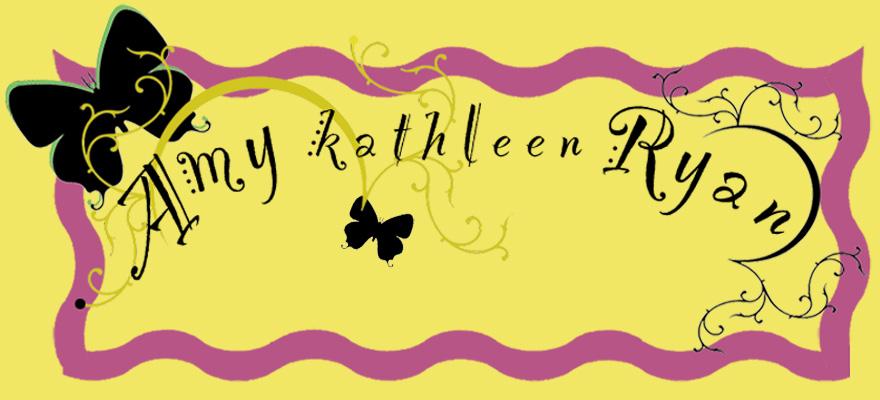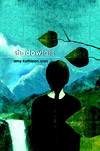Thinking about movies.
One of my favorite movies is Guess Who's Coming To Dinner. Not only does it have Katharine Hepburn, my all time favorite, but it also has Sidney Poitier and Spencer Tracy, and it is a winning story of how love conquers all, or at least of how it really ought to, even if it doesn't.
Tracy and Hepburn play the liberal parents of a free thinking young woman who falls madly in love with an accomplished, handsome, brilliant and respectable doctor. There's only one problem. The doctor isn't quite the right color.
This would be less of a problem today than it was in the 60's when this movie was filmed. But I think the conversations and explorations of this... "problem"... still hold up. This was a courageous film, one that didn't shy away from asking unpopular questions and exploring their many uncomfortable answers. In the end love wins out, as well it should, but along the way the film asks its characters, and its audience, to really consider, and reconsider, what they thought to be true about love, race, and the place where these two forces intersect.
There is one role in that movie that I suspect goes slightly undervalued. This is the role of the young, beautiful, seemingly naive daughter, played by Katharine Houghton. There were a few strikes against Ms. Houghton before she ever set foot on the set. First, she was Hepburn's niece, second, she was playing a principal role against three film legends, and finally her part is written as though this wide eyed innocent can't imagine anyone ever being racist, a tack that is hard to imagine anyone really taking, in the sixties or even now. Most of her lines throughout the film can be summed up thus: "But Mummy and Daddy, you've always taught me racism is bad, so of course you'll approve this marriage." And then she bats her outsized 1960s eyelashes. I think a lot of people miss that this character is much more manipulative than she is naive. Without quite attacking or confronting, she's holding up her parents' espoused ideals in contrast to the shock and worry they both suffer upon learning that their only child is about to marry a black man. She all but says to them, "If you don't bless this marriage, then you're hypocrites." But she says it very sweetly, with great guile.
I believe the complexity of this role would go completely unnoticed except for one line by Katharine Hepburn toward the end of the movie. Her daughter is about to launch once more into her wide-eyed, gosh-darn, just-so-confused-what-the-fuss-is-about act, when Hepburn holds up a hand and says, "Joey, shut up." This mother knows what her daughter has been doing, and she's tired of being manipulated and of having the issue oversimplified. These small brushstrokes in the film are so subtle they're easily missed, but what they add up to are characters that are much more believable than the veneer they paint for themselves and each other.
I wonder how many young, interracial couples felt soothed and gratified when they saw Sidney Poitier and Katharine Houghton making out on screen. How many of them started holding hands in public? Maybe this movie didn't change anything for anyone, but I suspect that it meant something deep and personal to a great many people. If nothing else, this movie is a loving homage to the force of change the younger generations enact upon our society. In my view, almost always, this change is ultimately for the better.
For our generation, we need a Guess Who's Coming to Dinner, but instead of a young black man and white woman falling in love, the lovers should be two men, or two women. For after all, love should conquer all, and it would have a much better chance if everyone behaved as if they were certain that it does. For everyone.
Tracy and Hepburn play the liberal parents of a free thinking young woman who falls madly in love with an accomplished, handsome, brilliant and respectable doctor. There's only one problem. The doctor isn't quite the right color.
This would be less of a problem today than it was in the 60's when this movie was filmed. But I think the conversations and explorations of this... "problem"... still hold up. This was a courageous film, one that didn't shy away from asking unpopular questions and exploring their many uncomfortable answers. In the end love wins out, as well it should, but along the way the film asks its characters, and its audience, to really consider, and reconsider, what they thought to be true about love, race, and the place where these two forces intersect.
There is one role in that movie that I suspect goes slightly undervalued. This is the role of the young, beautiful, seemingly naive daughter, played by Katharine Houghton. There were a few strikes against Ms. Houghton before she ever set foot on the set. First, she was Hepburn's niece, second, she was playing a principal role against three film legends, and finally her part is written as though this wide eyed innocent can't imagine anyone ever being racist, a tack that is hard to imagine anyone really taking, in the sixties or even now. Most of her lines throughout the film can be summed up thus: "But Mummy and Daddy, you've always taught me racism is bad, so of course you'll approve this marriage." And then she bats her outsized 1960s eyelashes. I think a lot of people miss that this character is much more manipulative than she is naive. Without quite attacking or confronting, she's holding up her parents' espoused ideals in contrast to the shock and worry they both suffer upon learning that their only child is about to marry a black man. She all but says to them, "If you don't bless this marriage, then you're hypocrites." But she says it very sweetly, with great guile.
I believe the complexity of this role would go completely unnoticed except for one line by Katharine Hepburn toward the end of the movie. Her daughter is about to launch once more into her wide-eyed, gosh-darn, just-so-confused-what-the-fuss-is-about act, when Hepburn holds up a hand and says, "Joey, shut up." This mother knows what her daughter has been doing, and she's tired of being manipulated and of having the issue oversimplified. These small brushstrokes in the film are so subtle they're easily missed, but what they add up to are characters that are much more believable than the veneer they paint for themselves and each other.
I wonder how many young, interracial couples felt soothed and gratified when they saw Sidney Poitier and Katharine Houghton making out on screen. How many of them started holding hands in public? Maybe this movie didn't change anything for anyone, but I suspect that it meant something deep and personal to a great many people. If nothing else, this movie is a loving homage to the force of change the younger generations enact upon our society. In my view, almost always, this change is ultimately for the better.
For our generation, we need a Guess Who's Coming to Dinner, but instead of a young black man and white woman falling in love, the lovers should be two men, or two women. For after all, love should conquer all, and it would have a much better chance if everyone behaved as if they were certain that it does. For everyone.





1 Comments:
I haven't seen this movie! I'd better netflix it now. Some topics are timeless.
Post a Comment
<< Home